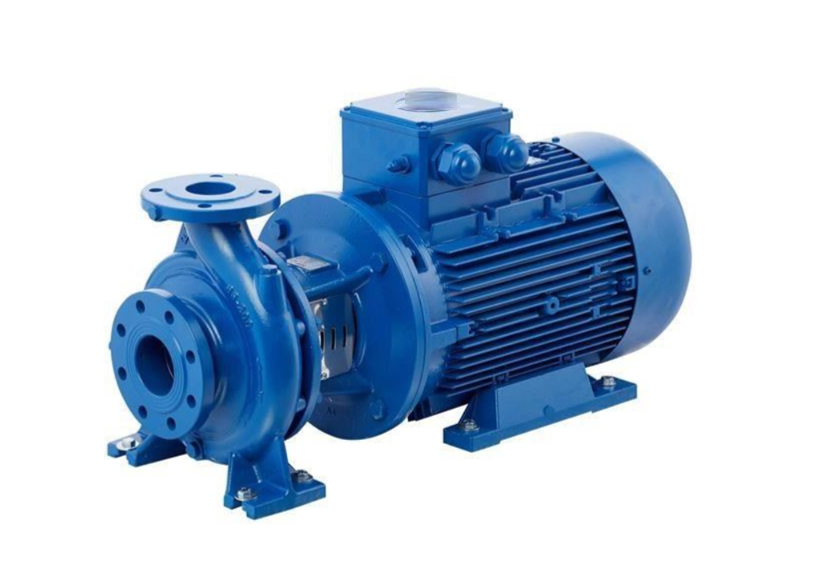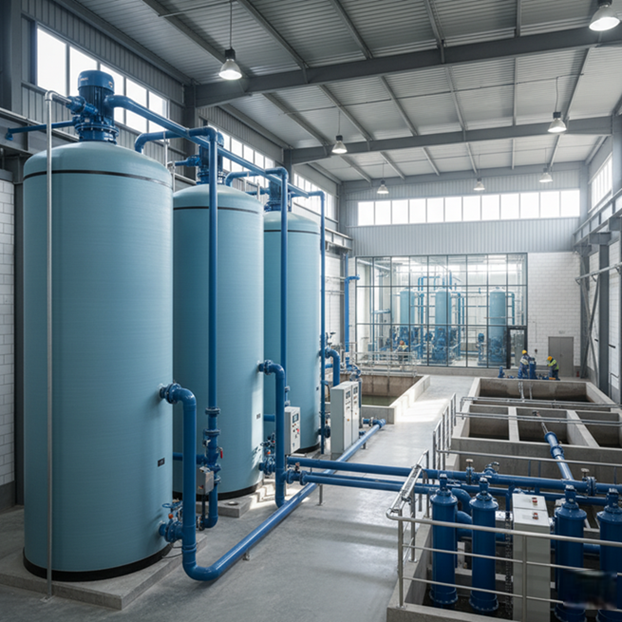
The raw water feed and backwash pump uses
Raw water feed and backwash pumps are essential components of water treatment systems, facilitating the transfer and purification of water from natural sources. These pumps are integral to various applications, including municipal water treatment, industrial water purification, aquaculture systems, and agricultural irrigation. By efficiently transferring untreated water and maintaining filtration processes, these pumps ensure compliance with regulatory standards and contribute to sustainable water management practices.
The importance of raw water feed and backwash pumps lies in their role in enhancing operational efficiency and water quality across multiple sectors. In municipal environments, raw water feed pumps draw untreated water to treatment facilities, while backwash pumps help maintain the cleanliness and efficiency of filtration systems by removing accumulated sediment. Similarly, in industrial applications, these pumps ensure a reliable supply of high-quality water, which is crucial for production processes while adhering to environmental regulations.
While the benefits of these pumps are clear, they also face significant challenges, including affordability, operational efficiency, and environmental impact. Many regions struggle to implement advanced pumping technologies due to financial constraints, while the need for regular maintenance and compliance with regulatory standards can complicate their operation. Furthermore, the environmental footprint of pumping systems, particularly those reliant on fossil fuels, raises concerns about habitat disturbance and pollution, highlighting the need for sustainable implementation practices.
Overall, raw water feed and backwash pumps are a critical component of modern water treatment infrastructure, contributing to advancements in efficiency and sustainability, while also presenting challenges that necessitate continuous innovation and stakeholder engagement.
Pump Types
Pumps play a crucial role in raw water feed and backwash processes within water treatment facilities. The selection of pump types depends on specific system requirements, discharge pressure needs, and flow capacities. The main categories of pumps used in water treatment include centrifugal pumps, positive displacement pumps, and submersible pumps.
Centrifugal Pumps
Centrifugal pumps are widely used in water treatment plants due to their efficiency and versatility. These pumps utilize centrifugal force to move water through various stages of the treatment process, making them suitable for applications such as raw water intake, chemical addition, and filtration.
These pumps can handle large volumes of water, with capacities ranging from a few gallons per minute to 50,000 gallons per minute, while maintaining a constant output pressure.
Main Functions
- Raw Water Intake: Centrifugal pumps are used to lift water from natural sources such as rivers, lakes, and reservoirs and transfer it to treatment plants.
- Chemical Addition: These pumps facilitate the precise injection of chemicals needed to neutralize contaminants and support the treatment process.
- Filtration and Sedimentation: These pumps efficiently move water through filtration systems, ensuring the removal of impurities and sediment.
Positive Displacement Pumps
Positive displacement pumps operate by continuously changing volume to move fluids, making them ideal for high-pressure and high-viscosity applications. Common types include gear pumps, piston pumps, and screw pumps. These pumps can be classified as reciprocating or rotary.
Reciprocating Pumps
Reciprocating pumps feature a piston that moves back and forth inside a cylinder, displacing the fluid with each stroke. They can be single-acting or double-acting, depending on whether the fluid is displaced in two or three strokes.
Rotary Pumps
Rotary pumps consist of one or more rotating elements that provide positive or near-positive displacement. They are particularly useful for pumping high-viscosity fluids and can withstand some abrasive materials.
Submersible Pumps
Submersible pumps are designed to operate below the water level and are primarily used to bring fresh water from sources such as lakes or reservoirs to treatment plants. They are essentially multistage centrifugal pumps with multiple impellers that help achieve the required output pressure. These pumps are powered by waterproof motors and are effective at maintaining a constant flow of water for various treatment processes.
Applications
Industrial Water Treatment Systems
Raw water feed and backwash pumps play a pivotal role in industrial water treatment systems, particularly in heavy industries such as manufacturing, mining, and petrochemical processing. These pumps are essential for drawing raw water from natural sources, such as rivers and lakes, and facilitating its treatment in accordance with regulatory standards for use in various production processes. The efficient operation of these pumps ensures a continuous supply of high-quality water, which is vital for maintaining productivity and complying with environmental regulations.
Read also: A Highly Efficient Integrated Water Treatment System to Ensure Industrial Water Quality
Municipal Water Treatment
In municipal water systems, raw water feed pumps are used to transport untreated water from collection points to treatment facilities. The water undergoes purification processes to remove contaminants and pathogens, ensuring safe drinking water for communities.
Backwash pumps are equally important in this context, helping to maintain the efficiency of filtration systems by removing accumulated sediment and ensuring the smooth operation of the treatment process.
Recycled Aquaculture Systems
The use of raw water feed pumps extends to recycled aquaculture systems (RAS), where they facilitate water consumption for fish farming operations. In RAS, water quality is closely monitored to optimize fish growth and minimize environmental impact. Raw water feed pumps help maintain the necessary water flow through treatment systems that filter and recycle the water, contributing to sustainable seafood production with efficient waste management.
Agricultural Water Reuse
Raw water feed pumps are also used in the agricultural sector, particularly for irrigating crops with treated wastewater. These pumps transport treated wastewater to fields where it is distributed through sophisticated irrigation systems. This approach not only conserves freshwater but also promotes agricultural sustainability by providing a reliable water source for crop irrigation.
Important article explaining the importance of reverse osmosis and water treatment systems for agriculture
Power Generation and Cooling Systems
In power generation facilities, raw water feed pumps are essential for cooling systems that require large volumes of water to operate efficiently. These pumps transport water from nearby sources to cooling towers and other components. Ensuring efficient thermal processes while minimizing environmental impact. Additionally, backwash pumps are used in these systems to clean and maintain the filtration units. This extends their lifespan and increases their operational efficiency.
Advances in Smart Pump Technology
The shift to smart pump systems has revolutionized water management practices. For example, integrating variable speed drives and advanced sensors into pumping operations has improved reliability and energy efficiency. Case studies indicate that systems incorporating these technologies have surpassed traditional performance benchmarks. Providing operators with greater control over flow and pressure while reducing energy consumption and maintenance requirements.
These case studies illustrate the evolving landscape of raw water feed and backwash pump applications. Emphasizing the critical balance between operational efficiency, environmental sustainability, and stakeholder engagement.

























